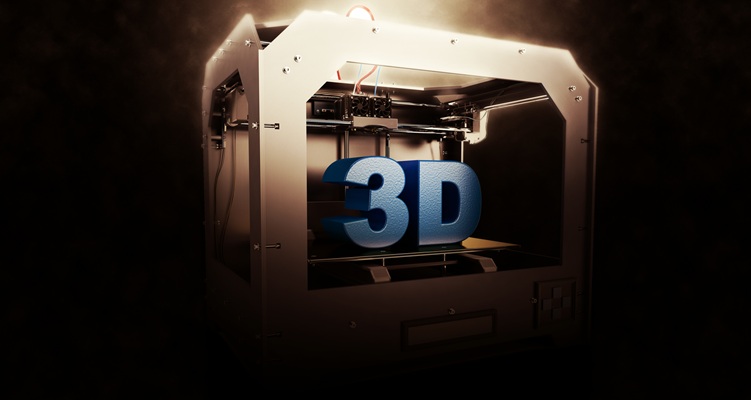Schedule a Call Back
The innovation journey of battery and its assembly in India
 Industry News
Industry News- Aug 30,22
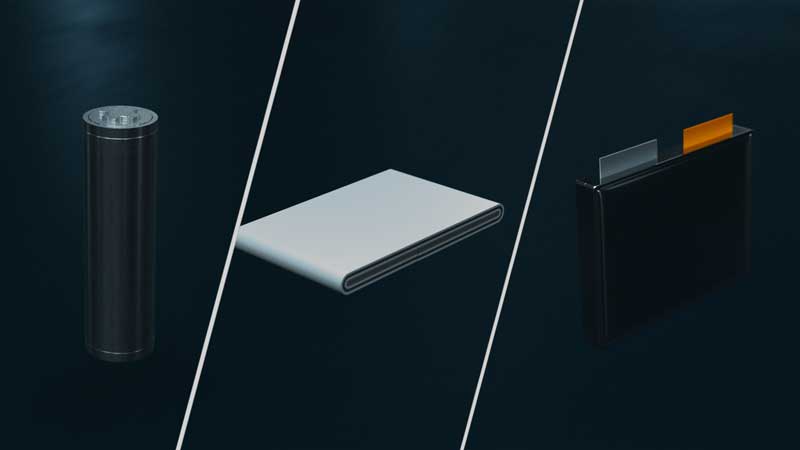
The world requires more power, preferably clean and renewable power. Our energy-storage strategies are currently shaped by lithium-ion batteries, which are at the cutting edge of such technology. But, what can we expect in the coming years? India is on the verge of a major transformation and at the heart of this is the automotive industry, including electric vehicles (EVs) that are rapidly becoming the country's preferred mode of transportation. Battery pack design and assembly becomes the core of this innovation journey.
Batteries and its utilisation in automobile are not new, but it has been limited to be used for cranking a vehicle and until the late 1950s, batteries with lead acid batteries was used for starting their cars. With the varied applications of batteries deployed now, it would be difficult to imagine our surroundings without batteries.
There are several challenges innovators around the world are working racing against time on improving driving range, reducing cost, and enhancing safety as well among others like increasing energy density, improving the battery balancing, increasing the number of cells, working with simulation on improving thermal management systems, and cell configuration (i.e cylindrical, prismatic or pouch type). After overcoming these challenges, scaling up manufacturing with flexibility in operations open another new set of challenge.
In India, we are actively searching for the right chemistry and manufacturing process needed for our e-mobility solutions to suit our geographic conditions and driving needs.
New generation lithium-ion batteries
Lithium ions are transported back and forth between positive and negative electrodes of lithium-ion (li-ion) batteries for the purpose of energy storage and release. The positive electrode serves as the initial source of lithium in this technique, and the negative electrode serves as the host for lithium. They offer better energy density compared to a NMC (Nickel-Manganese-Cobalt) or lead acid combination.
Graphite is utilised as a negative material, as well as graphite/silicon and lithium titanium oxides. In India, considering the current demands being met by imports, it becomes the most expensive part of an electric vehicle, which makes up 30-40% of its cost.
With the increased demand for Li-Ion batteries, it is expected that India would need 120 GWh by 2030, according to government projections.
Lithium-sulfur batteries
On a lithium-sulphur battery cell, metallic lithium is used as the negative electrode while the positive electrode is of sulphur.
Lithium ions are kept in active materials that serve as stable host structures in li-ion batteries during charge and discharge. The host structures in lithium-sulphur (Li-S) batteries are absent. The lithium anode is burned during discharging, while sulphur is converted into a number of different chemical compounds during charging.
In India, given their low weight and theoretically high capacity, lithium-sulphur batteries offer a possible substitute for traditional lithium-ion batteries. However, they now have a short battery life, which limits their utility. Now, thanks to a novel catalyst material, scientists can greatly extend the life of lithium-sulphur batteries, paving the way for their practical and commercial implementation in the not-too-distant future.
In India, lithium with NMC also plays a role in applications developed for low voltage battery applications.
Solid state batteries
In terms of technology, solid state batteries constitute a paradigm change. Ions flow across the liquid electrolyte of modern li-ion batteries as they move from one electrode to another. In all-solid-state batteries, the liquid electrolyte is swapped out for a solid substance that nevertheless permits lithium ions to move about inside of it.
Due to the absence of the liquid or gel electrolyte present in modern lithium-ion batteries, solid-state batteries get their name. They could provide more range, quicker charging periods and a lesser danger of fire in electric vehicles than lithium-ion batteries, all of which are appealing advantages that have attracted significant investment from manufacturers in recent years.
For next-generation battery systems, the solid-state battery is regarded as the best battery technology available.
Is battery assembly process important?
While there is a lot of emphasis and efforts put in today in finding the right chemistry of battery needed for the application, the right assembly methods and process of scaleable production methods needs to be considered with utmost importance as well.
There are equal amount of innovation needed in finding the best of manufacturing methods considering the need for flexibility, automation and saleable production methods being evaluated in getting the assembly of battery packs. Consumer demands today are changing and cost effective manufacturing methods pose enough challenge ahead of us.
With industry yeaning towards reaping the benefits of digitalization and utilising the power of data, modern battery assembly needs joining technologies (like fastening, adhesive dispensing), cold forming methods (like self pierce riveting), flow drill fastening, etc combined with vision solutions for quality inspection. This helps in providing the much needed benefits of Industry 4.0.
Hence, one can expect that there will be exciting times ahead!
About the author:
K Arunagiri is the Head Business Development e-Mobility (Motor Vehicle Industry) at Atlas Copco (India) Ltd. Battery manufacturing and scaling them up remains one of the most pressing challenges for OEMs today. Atlas Copco offers latest joining technologies and quality control solutions to the industry and is consider as an innovation partner.
Related Stories
Are IIOT sales strategies holding up adoption of Industry 4.0 in manufacturing?
As Industry 4.0 matures, Industrial IOT (IIOT) platforms will be the backbone of digital transformation. But adoption depends as much on how they are sold as on what they deliver, write R Jayaraman ..
Read more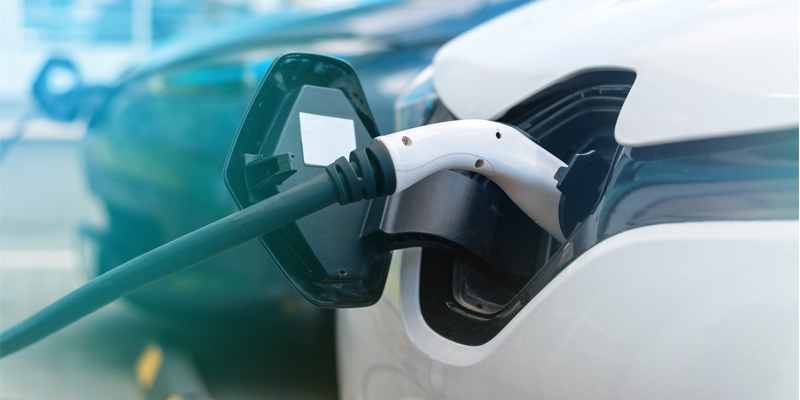
How Technology is Powering Seamless EV Charging Experiences
The EV charging experience has transformed from fragmented and complex to user-friendly, driven by real-time data integration, seamless onboarding, and intelligent platforms, writes Raghav Arora, Co..
Read more
Digitalisation and innovation drive Indian stainless steel industry growth
India’s stainless steel industry is entering a phase where digitalisation, smart factories, and advanced materials will drive competitiveness and sustainability. Sanjay Mishra, Chief Digital & Inf..
Read moreRelated Products
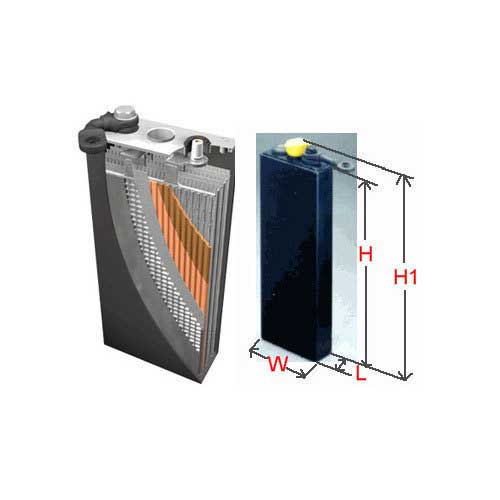
Forklift Battery
Aatous International is a manufacturer and solution provider of a wide range of forklift battery.
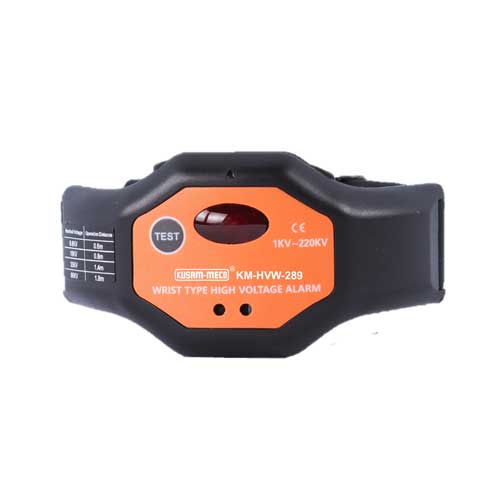
Kusam Meco -Wrist Type High Voltage Alarm
‘KUSAM-MECO’ has introduced a new wrist Type High Voltage Alarm Detector - Model KM-HVW-289 having a wide sensing range from 1kV-220 kV AC.
Servotech Power Systems files 2 patents for energy management technologies
Servotech Power Systems, a leading manufacturer of EV chargers and solar solutions, has announced that it has filed two patents for innovative energy management technologies in order to facilitate gri Read more






